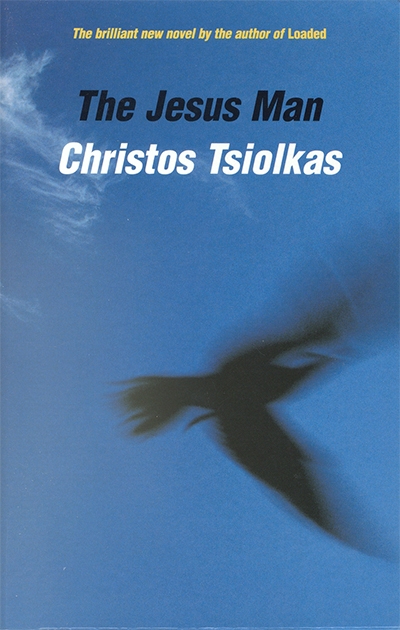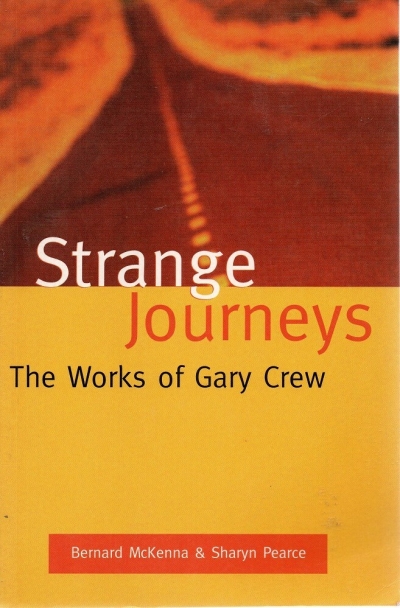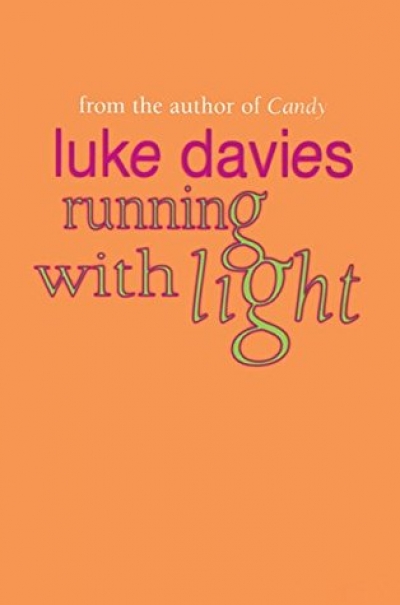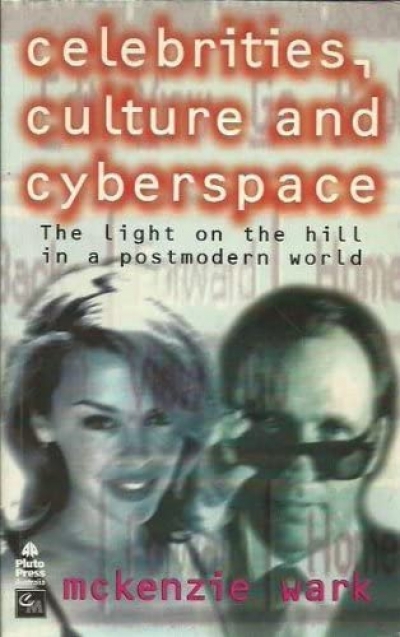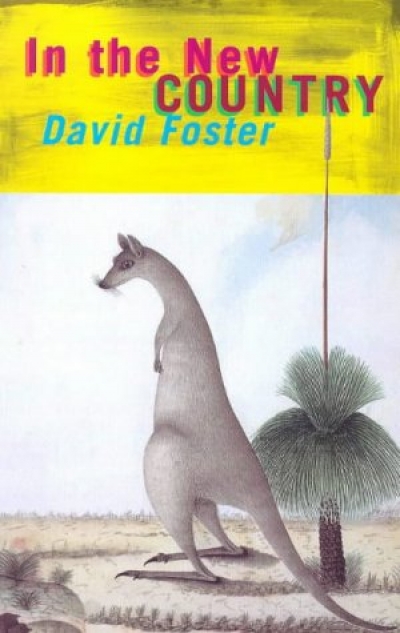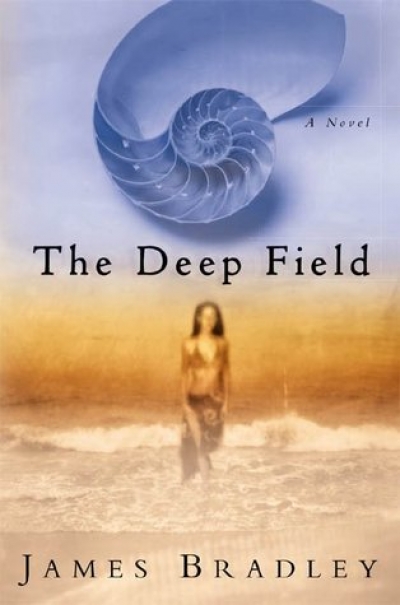Archive
Film | Theatre | Art | Opera | Music | Television | Festivals
Welcome to ABR Arts, home to some of Australia's best arts journalism. We review film, theatre, opera, music, television, art exhibitions – and more. To read ABR Arts articles in full, subscribe to ABR or take out an ABR Arts subscription. Both packages give full access to our arts reviews the moment they are published online and to our extensive arts archive.
Meanwhile, the ABR Arts e-newsletter, published every second Tuesday, will keep you up-to-date as to our recent arts reviews.
Recent reviews
Strange Journeys: The works of Gary Crew by Bernard McKenna and Sharyn Pearce
The Queen of Bohemia by Dulcie Deamer & An Incidental Memoir by Robin Dalton
Recently I have had a number of enquiries from readers who want to submit books for review hand the enquiries came from people unfamiliar with the reviewing process. So for those readers who are unfamiliar with the reviewing process, a few words about it.
... (read more)
